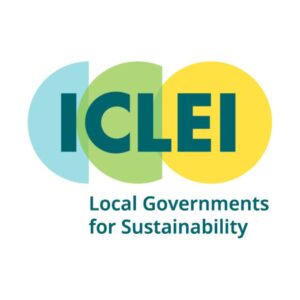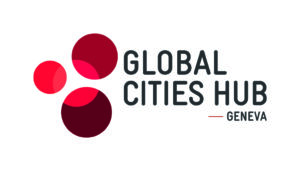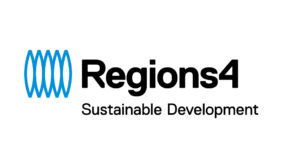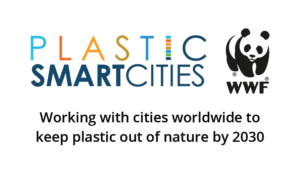Local and Subnational Governments Coalition to End Plastic Pollution
I. Background of the creation of the Coalition
The Local and Subnational Governments Coalition to End Plastic Pollution brings together local and subnational authorities committed to tackling one of today’s most urgent environmental and health challenges. The Coalition advocates for ambitious, locally driven action and calls for LSNGs to be recognized as key partners in addressing the full life cycle of plastics.
Rooted in circular economy and environmental justice principles, the Coalition unites local and subnational governments, networks, and partners working toward a world free from plastic pollution. Through collaboration, advocacy, and shared knowledge, it amplifies local and subnational voices in global decision-making.
The challenge: A global crisis with local consequences
Plastic pollution has reached alarming levels, threatening ecosystems, economies, and health. Without decisive action, plastic waste entering aquatic ecosystems could nearly triple, approximately 14 million tonnes per year in 2016 to up to 37 million tonnes by 2040.
Local and subnational governments are on the front line. Urban centers face rising waste volumes, clogged drains, and higher cleaning costs, while mismanaged plastic waste fuels pollution and health risks. Yet, these governments bear responsibility for managing waste infrastructure without controlling upstream production and consumption. Addressing this requires a whole-of-government and whole-of-society approach, ensuring that cities and regions are central to the solution.
II. The Coalition’s vision and role
Advocacy and action. The Coalition envisions a world where plastic pollution is eliminated through systemic change, circular solutions, and inclusive governance. Its mission is to ensure that local and subnational governments are recognized and empowered as key actors in transforming plastic systems—from design to disposal.
Local and subnational governments contribute by:
- Understanding local realities – Implementation happens where they operate.
- Regulating and operating – Managing waste systems and enforcing local measures.
- Innovating and scaling – Piloting and replicating effective solutions.
- Engaging stakeholders – Connecting science, policy, and communities.
- Ensuring inclusion – Supporting a just transition for workers and residents.
III. Participation in multilateral diplomacy and processes
2.1. The process of negotiation of a Global Plastic Treaty : Intergovernmental Negotiating Committee to develop an international legally binding instrument on plastic pollution, including in the marine environment.
At the 2022 United Nations Environment Assembly (UNEA-5.2), Member States of the United Nations adopted a land-mark Resolution, 5/14, to develop a legally binding instrument to end plastic pollution.
The negotiations began shortly thereafter and are still continuing under the nomination of Intergovernmental Negotiating Committee (INC).
Although this process of negotiation is exclusively Member States driven, the Coalition actively contributed throughout the negotiation process, advocating for local and subnational governments’ role in shaping and implementing the treaty:
- Recognition of the role of local and subnational governments’ role through inclusion of appropriate language in the various drafts of the treaty.
- Full life cycle accountability, focusing on upstream measures.
- Inclusion of these governments in national implementation, capacity building, and potential finance mechanisms to be created.
The Coalition’s work ensured that local and subnational perspectives are now firmly embedded in global plastic governance discussions so far and will continue its work until the end of the interstate negotiation and the adoption of the final text of the treaty.
IV. Join the coalition in general and be listed as a supporter
V. Documents
VI. Coordinating partners
Convening partners:



![]()

Founding LSNG Signatories:



In collaboration with:


